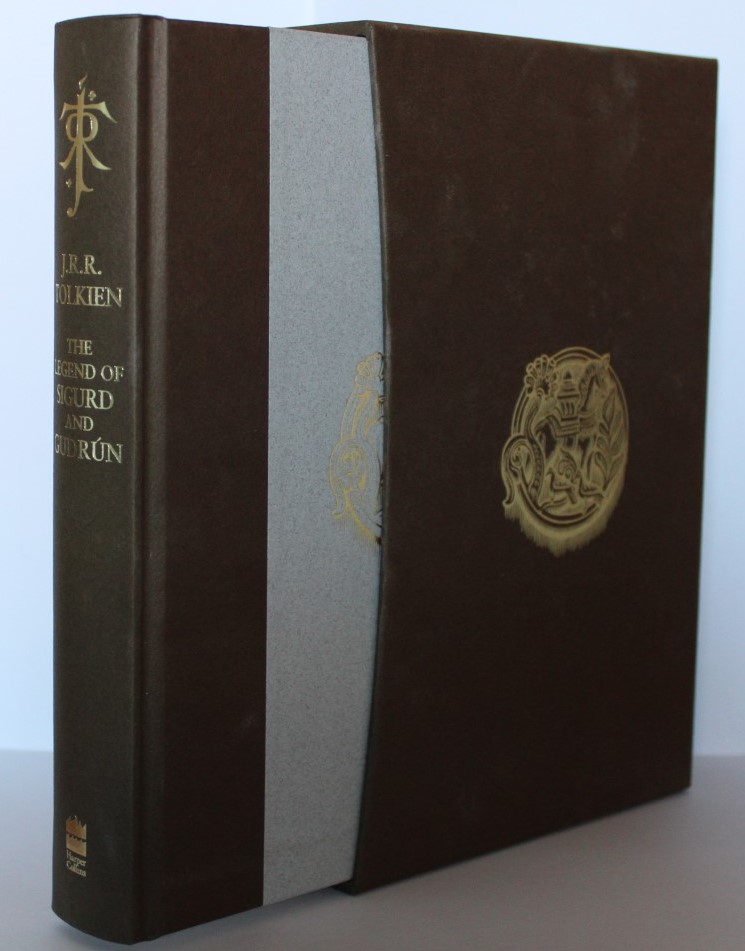Guide to Tolkien's Letters status update
20 Mar, 2024
(edited)
2024-3-20 4:32:50 PM UTC
2024-3-20 4:32:50 PM UTC
We thought it would be a good idea to provide regular updates for the progress we are making on the Guide to Tolkien's Letters. I'm starting off this thread with a bit of an update as to where we are at this time (about nine months since we launched last November). On a weekly basis, the TCGBot will reply here with a snapshot of some statistics and in addition, the four of us (myself, onthetrail, Trotter and Mr. Underhill) will also reply with some more informative updates beyond the high level statistics.
When we went live in June of 2023, we had documented 1072 letters, with 939 written by J.R.R. Tolkien himself. By November, when the Revised and Expanded Letters of J.R.R. Tolkien released, the Guide had increased to 1624 letters, of which 1216 were from Tolkien. As of today, we have 1929 total letters, with 1284 from Tolkien, and we expect to add significantly more as we continue to work through known letters in archives and published books and other sources, as well as of course adding newly rediscovered letters that appear on the market from time to time.
Our goal with the Guide to Tolkien's Letters is to have a robust, accurate and useful tool for scholars and fans. An important part of meeting this goal, is having descriptions written by us that are useful and informative while being respectful of the various sources we are able to work with, both primary and secondary. When we launched the Guide, we were working behind the scenes to add some automation to our content review and committed to having that in place within a year of our launch. This would help us catch any issues with texts as reviewing solely by our own eye could not find every instance. We have now made good on that promise to ourselves and we have found that some published letter summaries contained content available to us under the GPL Free Documentation license, but not properly attributed and licensed, and these have been addressed along with a slew of typos and other minor improvements. We are constantly improving our entry methods and the recent discovery demonstrates a need to improve the ways in which we pass our letters during our review stage. We are doing that, and introducing a more robust process so that we better review entries.
When we went live in June of 2023, we had documented 1072 letters, with 939 written by J.R.R. Tolkien himself. By November, when the Revised and Expanded Letters of J.R.R. Tolkien released, the Guide had increased to 1624 letters, of which 1216 were from Tolkien. As of today, we have 1929 total letters, with 1284 from Tolkien, and we expect to add significantly more as we continue to work through known letters in archives and published books and other sources, as well as of course adding newly rediscovered letters that appear on the market from time to time.
Our goal with the Guide to Tolkien's Letters is to have a robust, accurate and useful tool for scholars and fans. An important part of meeting this goal, is having descriptions written by us that are useful and informative while being respectful of the various sources we are able to work with, both primary and secondary. When we launched the Guide, we were working behind the scenes to add some automation to our content review and committed to having that in place within a year of our launch. This would help us catch any issues with texts as reviewing solely by our own eye could not find every instance. We have now made good on that promise to ourselves and we have found that some published letter summaries contained content available to us under the GPL Free Documentation license, but not properly attributed and licensed, and these have been addressed along with a slew of typos and other minor improvements. We are constantly improving our entry methods and the recent discovery demonstrates a need to improve the ways in which we pass our letters during our review stage. We are doing that, and introducing a more robust process so that we better review entries.










 2471
2471 1.09M
1.09M